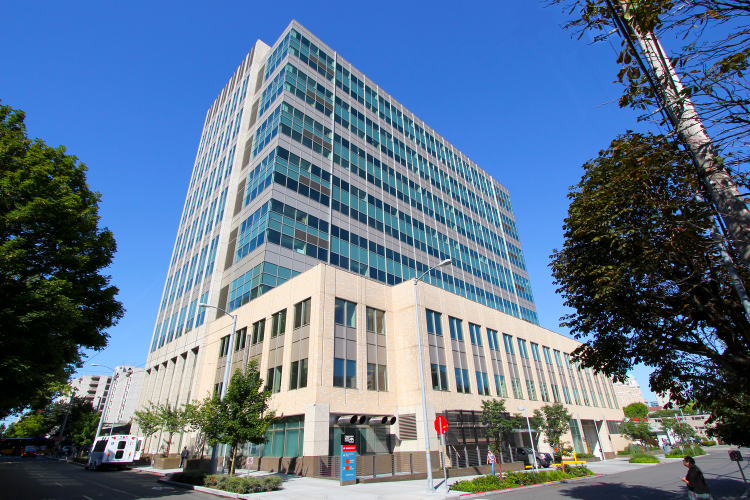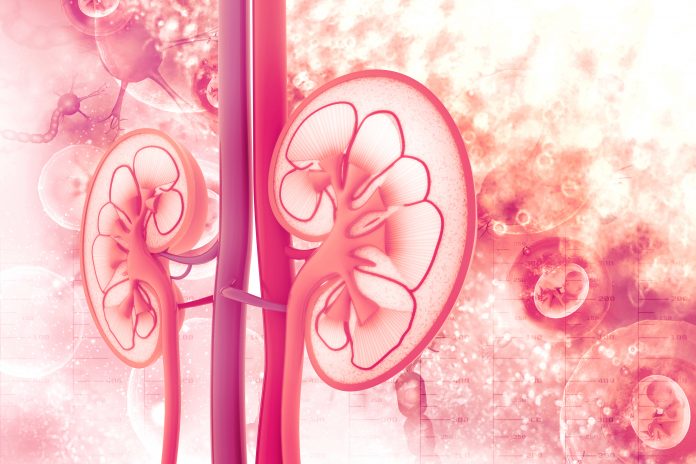
Notice of Awards - Drs. Freedman and de Boer


PKD-InVent
U54 from NIDDK
Polycystic Kidney Disease In Vitro Center

PI: Benjamin Freedman, PhD
Co-Investigators and Staff
Bessie Young, MD, MPH, Bryan Kestenbaum, MD, MS, Ramila Gulieva, MS, Julie Mathieu, PhD, Nicole Vo, PhD, Ian Stanaway, PhD, Claudia Vasquez, PhD, Cathy Yeung, PharmD, PhD, Rafael Kramann, MD, PhD, Chardai Thomas, BS, Hongxia Fu, PhD, John Scott, PhD
About the project
Polycystic kidney disease is a common genetic disease in which balloon-like structures arise from tiny tubes in the kidneys and other organs, with very limited treatment options and no cure, and which has resisted elucidation at the molecular level using conventional experimental approaches. We have made an important, research-enabling discovery by demonstrating that human mini-kidney structures grown in a petri dish can exhibit symptoms of polycystic kidney disease (‘PKD in a dish’), but currently this technology is difficult for many investigators to access and differs in certain respects from PKD in a living person. Our team of world leaders in this area will solve these challenges by establishing a Core Center dedicated to the development of PKD organoids and related in-a-dish technologies, which will greatly enable the community to use the technology to make research breakthroughs in our understanding of how PKD actually works and how it might be treated in a curative fashion. The Center will be the first of its kind on the West Coast in 30 years of NIH programmatic funding.
Info
NIH Reporter:
Polycystic Kidney Disease In Vitro Center (PKD-InVent)
UW Medicine Newsroom:
Investigator’s tiny kidney systems gain a national stage
BLOSSOM 2.0
R01 from NIDDK
Blood Sugar Sensing on Maintenance Dialysis

PI: Ian de Boer, MD, MS
Co-Investigators and Staff
Yoshio Hall, MD, MS, Leila Zelnick, PhD, Raj Mehrotra, MD, MS, Irl Hirsch, MD, Subbulaxmi Trikudanathan, MD, MMSc, Nisha Bansal, MD, MAS, Andy Hoofnagle, MD, PhD, Lisa Anderson, Evelin Jones, Matt Karasu, Ernie Ayers, and from the University of Michigan, Irina Gaynanova, MS, PhD
About the Project
Patients with kidney failure treated by dialysis have high rates of adverse health outcomes, including cardiovascular events, infections, falls, and fractures. High and low blood glucose may be risk factors for these poor outcomes that are modifiable with lifestyle and new pharmacologic interventions. This project is a five-year competitor renewal that will extend the original BLOSSOM study, applying state-of-the-art continuous glucose monitoring to dialysis patients to better understand blood glucose patterns and assess whether they are related to relevant health outcomes, filling critical gaps in knowledge that are necessary to design and evaluate new interventions to improve glycemia and related outcomes among people living with kidney failure.
Articles
JASN:
Glycemia Assessed by Continuous Glucose Monitoring among People Treated with Maintenance Dialysis
Medscape:
Continuous Glucose Monitoring Uncovers Hidden Glycemic Risks in Dialysis Patients
Diabetes Technology and Therapeutics:
Accuracy of Dexcom G6 Pro and G7 Continuous Glucose Monitors in Patients Treated with Maintenance Dialysis
UW Medicine Newsroom:
Alarming blood-sugar levels seen among dialysis patients











